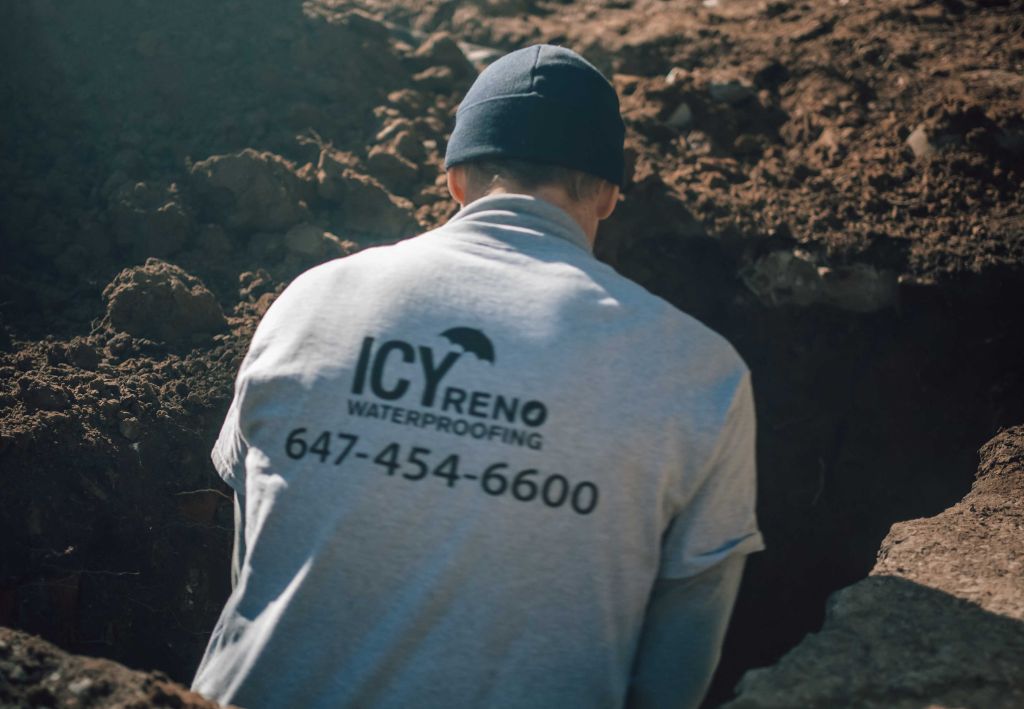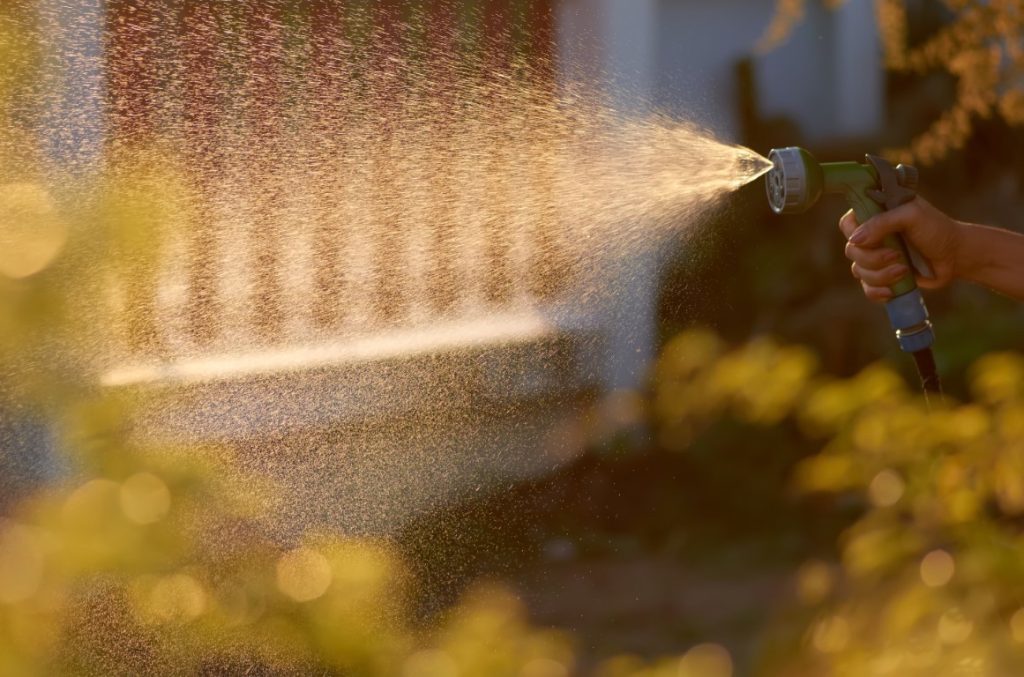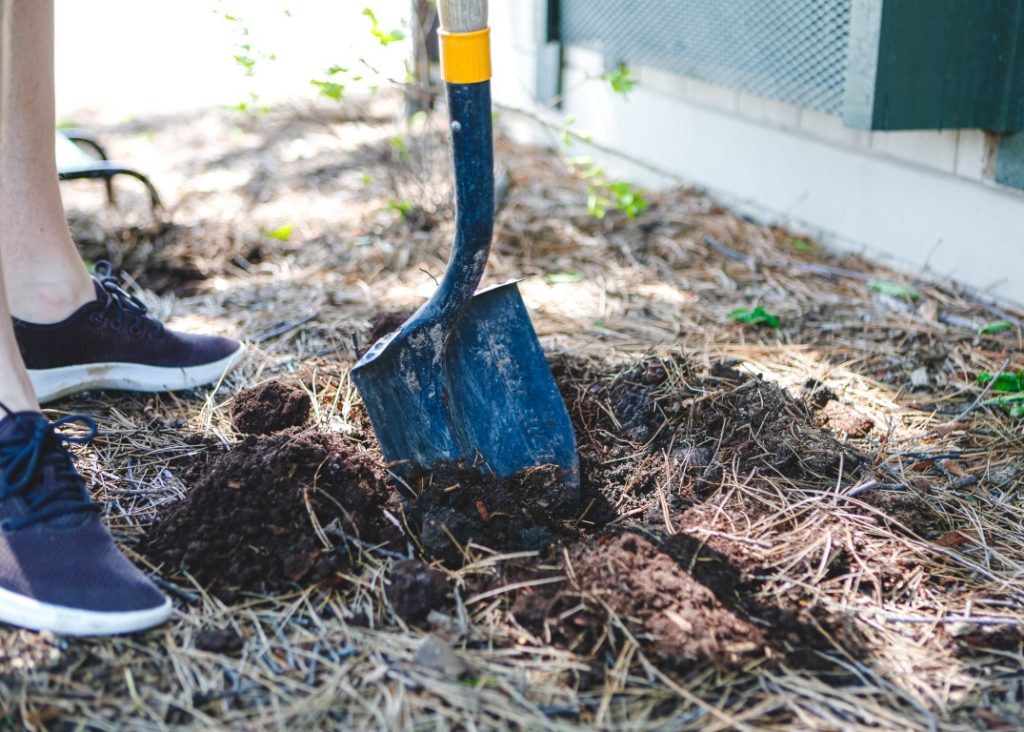Maintaining a stable and healthy foundation is crucial for the structural integrity of your home. However, there are numerous myths and misconceptions surrounding foundation watering that can lead to confusion and potentially harmful practices. In this blog, we aim to debunk these myths and provide you with factual information to ensure proper home maintenance and foundation care.
What is Foundation Watering?
First and foremost, let’s explain foundation watering for those who may not know. It quite literally refers to the deliberate practice of applying water to the soil around a building’s foundation. The goal is to maintain consistent moisture levels in the soil, especially during periods of dry weather, to prevent soil shrinkage, cracking, and settlement. By keeping the soil moist, foundation watering helps mitigate the risk of structural damage caused by expansive soils and fluctuations in moisture content.

Foundation Watering Myths
Myth #1: Watering Your Foundation Will Always Prevent Settlement and Cracks
While adequate moisture is essential for preventing soil shrinkage and foundation settlement, simply watering your foundation is not a foolproof solution. Factors such as soil type, drainage issues, and structural design also play significant roles in foundation health. Proper watering is just one aspect of comprehensive foundation care.
Myth #2: More Water Is Always Better
Overwatering can be as detrimental as underwatering when it comes to foundation maintenance. Excessive moisture can lead to soil instability, and erosion, and even contribute to foundation heaving in certain soil conditions. It’s essential to strike a balance and avoid unnecessary water accumulation near the foundation which could result in foundation waterproofing services.
Myth #3: Foundation Watering Is Only Necessary During Dry Seasons
While dry seasons certainly require more attention to foundation watering, maintaining consistent moisture levels throughout the year is crucial. Fluctuations in soil moisture can cause soil expansion and contraction, leading to soil settlement and potential foundation issues. Regular monitoring and adjustment of watering practices are key.
Myth #4: All Foundations Require the Same Watering Routine
Different regions have varying soil types and climate conditions, necessitating tailored watering routines. Clay soils, for instance, retain moisture differently than sandy soils. Understanding your soil composition and local climate is essential for developing an effective foundation watering strategy.
Debunking the Myths with Facts
Fact #1: Soil Type Matters
Clay soils retain moisture longer than sandy soils but are also prone to swelling when overly saturated. Tailor your watering schedule based on your soil type to maintain optimal moisture levels.
Fact #2: Proper Drainage Is Crucial:
Addressing drainage issues around your foundation is just as important as watering. Ensure gutters are clean, downspouts direct water away from the foundation and consider installing proper drainage systems if needed.
Fact #3: Consistency Is Key:
Consistent moisture levels, rather than sporadic watering, help prevent soil settlement and foundation movement. Develop a watering schedule and stick to it, adjusting as needed based on seasonal changes.
Fact #4: Professional Assessment Is Valuable:
If you notice signs of foundation issues such as cracks, uneven floors, or doors/windows that stick, consult with a foundation specialist. They can assess the underlying causes and recommend appropriate solutions beyond watering.
Tips for Effective Foundation Maintenance
- Monitor Soil Moisture: Use a moisture meter to gauge soil moisture levels around your foundation regularly.
- Watering Techniques: Use soaker hoses or drip irrigation to water evenly and avoid water pooling near the foundation.
- Seasonal Adjustments: Adjust your watering schedule based on seasonal changes in precipitation and temperature.
- Professional Inspection: Schedule periodic inspections by a foundation expert to detect and address potential issues early.

Consult The Experts
When it comes to foundation watering and overall home maintenance, consulting with experts is invaluable. Professionals in the field of foundation repair and maintenance can provide tailored advice based on factors such as soil type, climate conditions, and the specific needs of your property. They can assess the current state of your foundation, identify any existing issues or potential risks, and recommend the most effective watering strategies.
Foundation experts like us can also guide you on best practices for soil management, drainage solutions, and structural integrity checks to ensure the long-term stability and safety of your home’s foundation. Expertise and experience play a crucial role in developing a comprehensive maintenance plan that addresses your unique property requirements and safeguards against costly foundation problems in the future.
Contact IcyReno
Foundation watering is an essential part of home maintenance, but it’s crucial to separate fact from fiction to ensure effective care. By debunking common myths and understanding the facts about foundation watering, you can take proactive steps to protect your home’s foundation and avoid costly repairs. Remember to tailor your watering practices to your specific soil type and climate, seek professional guidance when needed, and maintain consistent monitoring for optimal foundation health. Contact IcyReno for any questions about home maintenance or foundation health tips!

